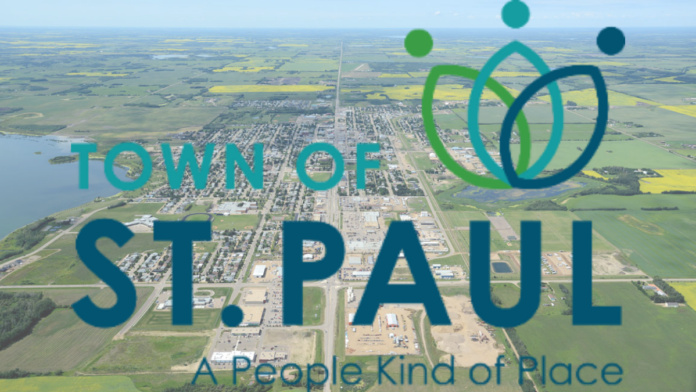At the town of St. Paul council meeting on September 9, the council discussed a request for a letter of support from the Lakeland Primary Care Network (PCN).
The PCN, which includes 33 healthcare providers and has served the region since February 2007, is seeking to maintain its regional structure considering the Alberta government’s Modernizing Alberta’s Primary Health Care System (MAPS) initiative.
The MAPS initiative, according to provincial government sources, aims to strengthen primary care in Alberta by restructuring networks across the province. The goal is to ensure equitable access to healthcare services for all Albertans by regionalizing primary care. However, local leaders, including St. Paul Mayor Maureen Miller, expressed concerns that this restructuring could negatively affect Lakeland PCN’s ability to serve its communities.
Mayor Miller emphasized the importance of keeping Lakeland PCN as a distinct region, noting that its multidisciplinary approach – which includes physicians, nurses, social workers, and other healthcare professionals – has been critical in meeting the diverse healthcare needs of the community. “It is essential for the Lakeland PCN to remain a distinct region,” Miller said, “and not be piggybacked into another northern, larger region.”
The Lakeland PCN serves a wide geographical area, including Metis Settlements and First Nations communities. The mayor stressed that regional restructuring could disrupt this effective system, potentially reducing the level of care available to residents in St. Paul and surrounding areas.
The discussion also raised concerns about the potential impact of the MAPS initiative on healthcare funding. Councilor Nathan Taylor questioned whether the initiative was solely about reorganizing regions or if it would also introduce a new funding formula. Mayor Miller confirmed that funding was part of the initiative, highlighting that the current system requires physicians to see a patient at least four times a year to count them toward the clinic’s funding. With patients often referred to other facilities, such as those in Bonnyville or Cold Lake, local physicians may struggle to meet the threshold, potentially reducing funding for the region.
“We are regionalized, so you might see a physician here, but then be sent up to Bonnyville to have whatever needs to be done, and not necessarily have that follow-up done back here,” Miller expressed.
After further discussion, councilor Taylor made a motion to approve sending a letter of support to Lakeland PCN. The motion passed unanimously.
The letter addressed to Bonnyville-Cold Lake-St. Paul MLA Scott Cyr and Alberta Health Minister Adriana LaGrange, commended Lakeland PCN’s efforts to improve patient access and equity while reducing the burden of travel for residents. “In alignment with the goals of the MAPS initiative, Lakeland PCN has excelled in improving patient access, ensuring equity, and fostering strong connections between primary care providers and the communities they serve,” read an excerpt from the letter. It also highlighted the network’s success in embedding local staff and improving care outcomes, which aligns with provincial objectives for health system efficiency.
As Alberta moves forward with the MAPS initiative, the outcome for the region remains uncertain, but local leaders are committed to ensuring their voices are heard.




